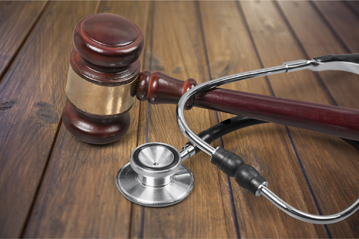 I have received an official communication from the prosecutor's office summoning me to a questioning. How am I supposed to act, and how should I get myself effectively prepared beforehand?
I have received an official communication from the prosecutor's office summoning me to a questioning. How am I supposed to act, and how should I get myself effectively prepared beforehand?First of all, you must determine in which capacity you are supposed to attend: as a witness or a suspect, as depending on the actual capacity you would enjoy a different scope of rights. Then you would have to learn in which specific circumstances you might either refuse to answer specific questions, or refuse to come forward with specific clarifications/explanations with regard to the matter at hand. Although the legal authorities are under a statutory obligation to provide you with an official caution on your rights and obligations prior to the actual questioning, in a stressful situation this might be rather hard to accommodate right away by a person not actually used to such circumstances (template of such an official caution presently in use). As a matter of principle, you are under no obligation to give evidence or explanations that may expose you to a criminal liability. If in doubt, you may exercise your right to refuse to give evidence or explanations, irrespective of any actual disapproval on the part of the criminal authorities. The fact is, however, that by far the best solution is to attend such a questioning with a lawyer in tow.
Neither the prosecutor (nor a court of law) has no right to ask any questions about any facts covered by medical confidentiality, unless this should prove necessary for the course of justice, whereas specific circumstances could not be determined against any alternative evidence. This is the first limitation. Furthermore, every time the court of law must formally release you of your medical confidentiality vow, which should also be very carefully examined in terms of its potential for lodging a prospective appeal, or a legal complaint.
You might well be under surveillance by a disgruntled patient (potentially with a view to extorting compensation, or just as a case of simple stalking), competition (in order to obtain information, cause obstruction to your business), or by any law enforcement agencies (regretfully enough, the specific legal provisions empowering various law enforcement agencies to make use of the surveillance are extremely versatile and not always covered by an adequate judicial review). Even though we are unable to prevent this, but we can effectively eliminate this risk. We can make use of the assistance offered by a professional detective agency in this respect, which we would thoroughly recommended in any such circumstances. This gives us a clear edge.